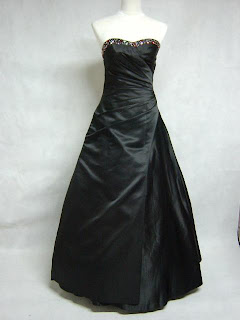Most of my miscommunications in Prague took place in restaurants. Luka Lu’s “birthday” night was only the beginning. In one lunch place, I ordered a side of broccoli and the waitress returned with peas, carrots, and corn, the kind that come in frozen packets. She explained that they had no broccoli, but rather than ask me if I wanted something else, she brought what they had. Her offering seemed more like an admonishment:
What we have isn’t good enough for you? One day, in search of a copy of Faulkner’s
As I Lay Dying for the literature seminar, I found instead an Indian restaurant. Newly opened, the staff was unusually friendly. The smell of Indian spices filled the square near
Anagrams bookshop, surrounding the restaurant’s outdoor tables. The tables faced a botanical shop where I later found lavender oil and baskets full of herbs.
A few nights after my discovery, Cindy, Shara and I went to Old Town Square for a jazz concert and I brought them back to the square with the Indian restaurant,
Anagrams, and the botanical shop. There were other restaurants too, but that night a short elderly man from the Indian restaurant was out recruiting diners. Anyone who crossed his path, he tried to herd into the outdoor seating area and lure them with the promise of dinner specials.
We only wanted a quick meal before returning to the concert, but the phrase “quick meal” doesn’t translate into Czech. The translation of “quick meal” is “Kentucky Fried Chicken.” The translation of “quick meal” in a regular restaurant is “meal with no end” or “meal where your waiter quits his job mid-meal and never returns.” Translation is tricky in the Czech language. There are all those ever-changing endings to words.
We ordered a variety of things including papadum, which take approximately two seconds to cook. Our meal didn’t arrive for over an hour and the papadum came last. At first we just enjoyed the atmosphere, sitting out on the square:

After a while, though, we started to lose patience. At least could we have the papadum? After our meal finally arrived and we’d finished, it took another lifetime to get the check. The waiter appeared with the check, pointing vigorously at the tip line on the receipt, waiting for me to fill it in. I shook my head, explaining very plainly that we didn’t plan to tip. We went back and forth until he gave up. Though in Prague, the adage goes that “the customer is always wrong,” in the end, tipping is up to you.
After our meal, the jazz concert was over. We went to Pariscka Street for Becharovka and tonics. Parizska Street is a block of designer stores that is supposed to be like Paris, Prague-style.

A note on window designers in Prague. They did not go to the same school of design as New York or Paris where a paper bag can look sexy and transform into an object of desire. Window design in Prague involves dropping a handbag in front of the window where it sits plainly saying,
I’m a handbag. Do you want to spend your hard-earned money on me? There is nothing Parisian about Parizska Street.
The bar where we went had a swarm of insects inhabiting the light fixture over our seats. When one dropped into my drink and I asked for a refresher, the waiter looked at me like,
what? It’s free protein! He did replace my drink, but only after grumbling and consulting with two other waiters and a manager. Six hours later, the new drink arrived and we were ready to leave. By the time we got the bill, I was ready to change into my pajamas.
“Quick drink” has the same translation as “quick meal” in Prague. There is no such thing. If you want a quick meal, you should fly to New York and go for sushi. If you want a quick drink, buy a bottle at the non-stop. If you decide to go out in Prague, just bring a sleeping bag and the complete works of Shakespeare. You’re in for a long wait.














